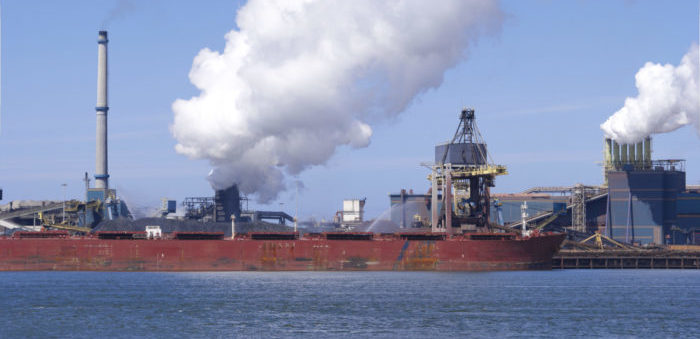The Union of Greek Shipowners hailed the IMO Intersessional Working Group’s move to take into account several safety concerns linked to the transition to new low-sulphur fuels, especially blended fuels, ahead of the 0.5% global sulphur cap entering into force form 1 January 2020.
Commenting on the decision, the President of the Union, Mr. Theodore Veniamis noted that the IMO demonstrated pragmatism in supporting a realistic approach going forward, addressing potential variables which could impact on ships consistent compliance.
This came after the Republic of the Marshall Islands (RMI) submitted, in late May, a paper to the IMO Intersessional Working Group (ISWG), meeting in London on 9-13 July, on the consistent implementation of the 2020 global sulphur cap under MARPOL Annex VI.
The submission, co-sponsored by the Republic of Liberia, BIMCO, ICS, INTERCARGO, INTERTANKO, and the WSC, was intended to assist the ISWG in developing guidelines on the implementation of regulation 14.1.3 of MARPOL Annex VI.
The safety concerns addressed relate, among others, to fuel stability, incompatibility between different batches of blended fuels, lower flashpoints than the minimum required by SOLAS, inadequate safety margins for cat fines and extended ignition delays due to poor combustion characteristics, which could result in a major threat to ships’ crews safety and machinery and to the environment.
In an exclusive interview with SAFETY4SEA in Posidonia, the IRI team underlined that the real challenge with respect to 2020 sulphur cap is ensuring that there is an appropriate balance between safety and environmental protection measures, as well as that there is a pragmatic approach towards not only implementation, but verification of compliance.
IMO’s Marine Environment Protection Committee (MEPC 73), due for October 2018, and the Maritime Safety Committee (MSC 100), due for December 2018, will look into possible ways to address the highlighted challenges.




























































